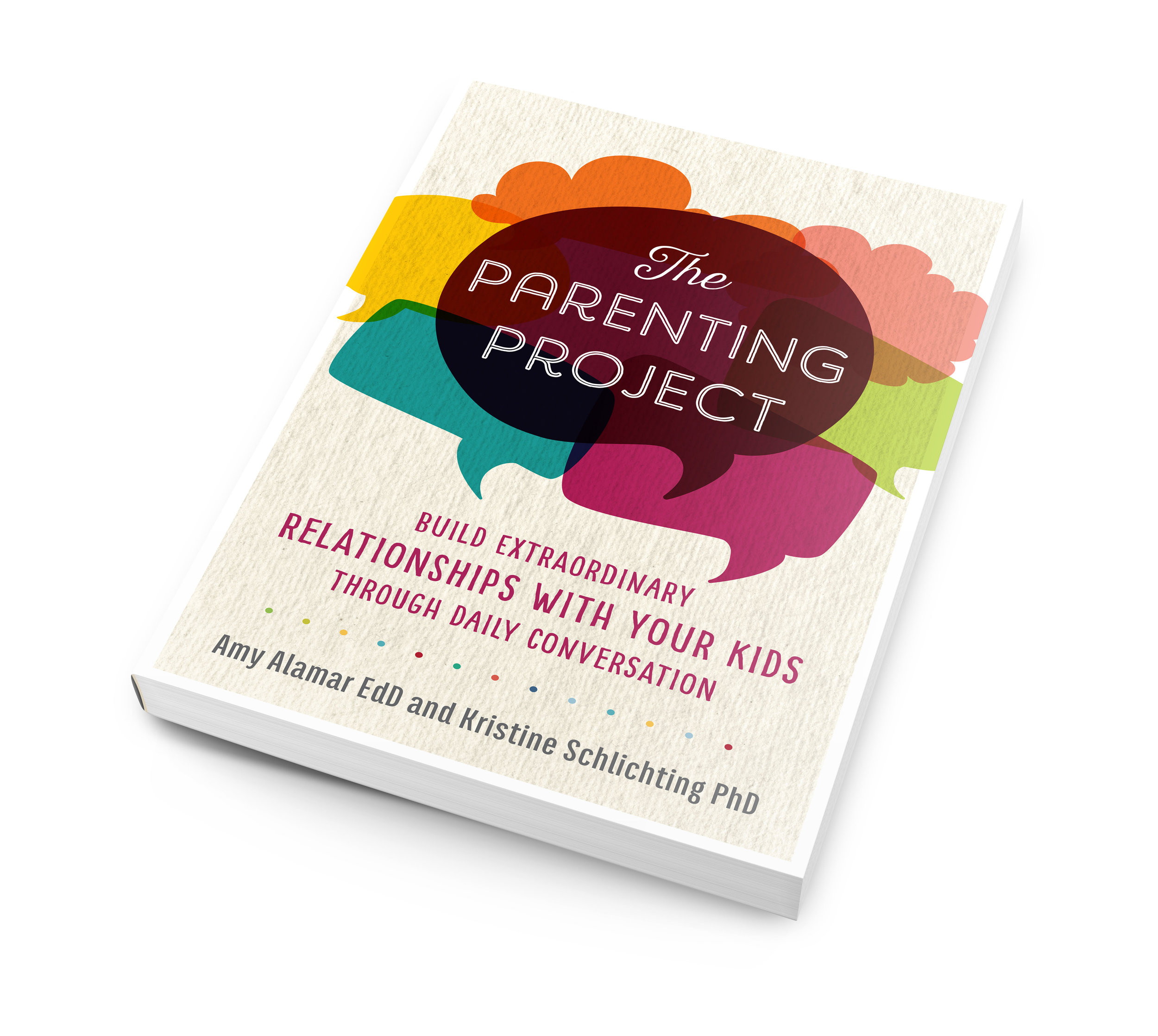The Parenting Project Foreword
THERE IS NOTHING MORE PROTECTIVE in the lives of children and teens than healthy relationships with their parents. The unconditional love we give our children tells them that they are worthy of being loved. It launches them into adulthood with the sense of safety and security they will need to get the most out of life’s gifts and to successfully navigate its curveballs. Unconditional love doesn’t mean we approve of every action or behavior. Rather, it means we care so much that we’re not going anywhere. It is about seeing our children the way they deserve to be seen, as they really are, not based on a behavior they might be displaying.
We parent best when we stop looking at the child in front of us and begin imagining the 35-year-old we are raising. It is then that we stop prioritizing the happiness that comes with simple fleeting joys (though they can be nice!) and begin imagining how we can foster a sense of meaning and purpose. It is then that we stop thinking about grades and scores and begin thinking about supporting the skills that matter in the real world: perseverance, flexibility, collaboration, and the capacity to elicit and incorporate constructive feedback. It is then that we stop thinking about protection and begin thinking about preparation. It is then that we stop holding independence as our goal and begin grasping that what we really want is to raise children with the secure sense of themselves that allows them to maintain interdependent relationships.
We want to support our children to become their very best independent selves and we want to remain in their lives—interdependent on one another—for years to come. The secret to raising children who will benefit from interdependence is to not install control buttons in them during adolescence; this means they know that you have their backs but respect them as individuals. The key is to communicate with them in a way that they learn that sharing their lives with us . . . is a good thing. They need to know that it brings them guidance as well as satisfaction. Joy even. For all of these reasons, open communication within our households is at the root of successful parenting and the tool you will use to guide your children in their journey toward a healthy adulthood.
A starting point is to reject the notion that as our children approach adolescence they need us less, or become uninterested in our thoughts or feelings. We live in a culture in which too many teenagers are met with an eye-roll and too many parents are told to “hang on tight” through the teen years. Adolescence is to be celebrated as a time of tremendous growth, not survived as a period to be gotten past. We know that teens care deeply about their relationships with their parents and look to us as a valuable source of guidance. We must create, starting at very early ages, the expectations that our homes are safe spaces in which we express our feelings, gain guidance . . . and support and enjoy each other. We want our homes to be the place where our children learn “that sharing their lives with us . . . is a good thing”—a place where the seeds of lifelong interdependence are sown.
There is nothing more natural than open communication, but “natural” doesn’t mean easy. It takes work. Investment. Commitment. Practice. It needs to become a pattern and a skill-set. The brilliance of The Parenting Project is that it offers the framework and strategies to build the kind of meaningful relationships within your family that will last a lifetime. Perhaps as importantly, what our children learn and live in our homes prepares them to have successful relationships in the workplace as well as loving and mutually respectful relationships within their future families.
KENNETH R. GINSBURG, M.D., M.S. Ed.
Author of Building Resilience in Children and Teens: Giving Kids Roots and Wings and Raising Kids to Thrive: Balancing Love with Expectations and Protection with Trust Co-director of The Center for Parent and Teen Communication, The Children’s Hospital of Philadelphia
www.parentandteen.org






